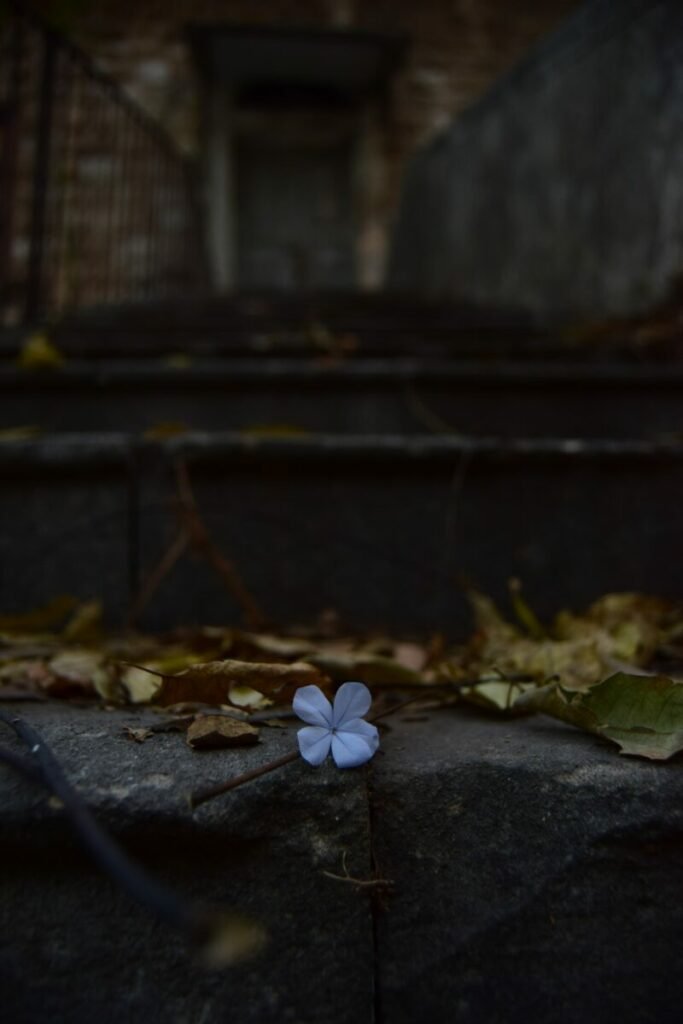
As I marked another donation box I’d filled with my son’s trach supplies, the doorbell rang. Two men in identical ball caps and polo shirts smiled at me from the front steps when I opened the door.
The shorter of the two, handsome and well-built, gestured with a clipboard and said, “Afternoon. My name’s Lance. How’s your day going so far?”
I shrugged. “Okay, I guess.”
“Good.” He nodded. “That’s good. Beautiful afternoon, beautiful neighborhood. And we have a beautiful opportunity that folks like you lucky enough to live here qualify for. Won’t be around long, but it sure will save you boatloads of money.”
I felt my shoulders sag; I knew what was coming. But because my father had been a salesman himself, I could never make myself cut off those approaches on the spot. I mumbled, “That so?”
“You happy with your electricity bill?”
“Not exactly.” I noted a company’s matching logo on their caps and shirts.
“How about if I told you we could likely cut that bill in half by switching you today to solar. We have a killer, one-time offer going on right now.” He pointed. “Just signed up two of your neighbors down the street.”
Lance’s partner still hadn’t said a word, only nodded, so I assumed he was in training.
“Of course,” Lance continued, “there are some initial installation costs involved with the panels, but those are quickly recouped.” He looked up at the eaves. “We’d need to do a brief structural analysis. How old is your roof?”
“Old.”
“Need to be replaced soon?”
A clamminess bloomed on the back of my neck. “Suppose so.”
“Well, no problem . . . we have a program for that, too. Might as well roll both projects into one, save yourself even more dough.” Lance turned the clipboard my way, his muscles bulging. He pointed to a section on a bill attached there. “I can tell you exactly how much you can save if you have a copy of a recent statement handy.”
“I don’t.”
“Well, I’m sure you’ve seen those costs climb steadily.”
Something fell inside of me. I said, “Actually, no. We had a severely-disabled adult son who died a couple months ago. He was hooked up to all kinds of medical equipment: continuous oxygen, mister, suction machine, feeding pump, sat monitor. After his death, our electricity costs went down.”
Both their faces went flat. Lance blinked several times, then said, “I’m really sorry for your loss.”
I forced myself to shrug again, the ever-present numbness spreading through me.
“Now’s probably not the best time for this, then,” Lance said. “Maybe we can come back and visit again in a couple weeks.”
“I don’t think so.”
“This offer won’t be around forever.”
“Thanks, but no.” I shook my head. “Just not ready for a big project, another big change like that . . . emotionally, you know.”
A truck passed slowly in the street. We looked at each other until Lance finally said, “I understand.” His partner followed him down the steps. At the bottom, Lance stopped, turned, and said, “Once again, my condolences about your son.”
“Yeah.” His partner’s voice was deeper, gravelly. “Me, too.”
I nodded, shut the door, and returned to my son’s bedroom. I’d planned to box more of his things for donation, but just didn’t feel up to it anymore. He’d had multiple surgeries and nearly fifty hospitalizations since birth, but that last long one—a combination of septic shock, pneumonia, and uncontrolled seizures—was finally too much. For the first few weeks after his death, I couldn’t even bring myself to go into his room. Eventually, I arranged for his hospital bed, wheelchair, and shower chair to be picked up by a relief agency. Only recently, I’d begun managing an hour or so in there at a time boxing supplies and equipment but couldn’t enter his closet yet where his clothes still retained his scent.
I looked around his room at the little desk where his home health nurses did their charting for all those years, at his old music box on the shelf, at his stack of cartoon DVDs, at the rocking chair where I used to snuggle and sing him his nightly lullabies until he finally became too heavy. He was nonverbal and non-ambulatory with a developmental age of about six months and was dependent on adults for all daily care needs, yet he battled each and every challenge to the end with a silent strength and grace that left me awestruck.
I shook my head, closed his door and took a book out onto our side deck. It wasn’t yet four o’clock, but I brought a beer along, too, sat in the shade of our orange tree, sipped, and tried with mixed success to read. I’d retired from my elementary teaching career the previous year, but my wife still maintained her social work job remotely from home three days a week, so she went by our open French doors from time to time on her way to and from our study.
About forty-five minutes later, I heard Lance’s upbeat voice come from the sidewalk on the other side of the wooden fence behind me. I listened to him exchange details with a woman on his cell phone setting up an appointment for a roof inspection.
When their conversation ended, his partner asked, “Everything set?”
Lance said, “Ink’s all but dry.”
I gave a silent snort, then tried to turn my attention back to my book. Perhaps five more minutes passed before my wife appeared in front of me in the open doorway. She wore a baffled expression and held a bouquet of flowers, which she raised in my direction.
“Two young men just dropped these off. They were about to ring the bell when I was passing the front door. Said they spoke with you earlier and these were for us. Said they kept thinking about our son, that he was weighing on their minds.”
I heard myself say, “No kidding.”
When she shook her head, I did the same. She said, “Guess I’ll go put these in water.”
After she left, I closed my book and just stared at where she’d been. Shadows had lengthened there in the falling light. Suddenly, two vehicle doors opened at the curb behind the fence, and I heard Lance’s partner say, “So, you think that will soften him up? Maybe we stop by in a few days, try pitching him again?”
“No.” Lance’s voice was quieter, but steady and firm. “We’re not going to do that.”
One vehicle door closed, followed by the other, the engine started, and it pulled away from the curb. Stillness followed. Something new had crept behind the familiar numbness inside me . . . something that wasn’t quite solace but wasn’t too far away.


Share this post with your friends.

